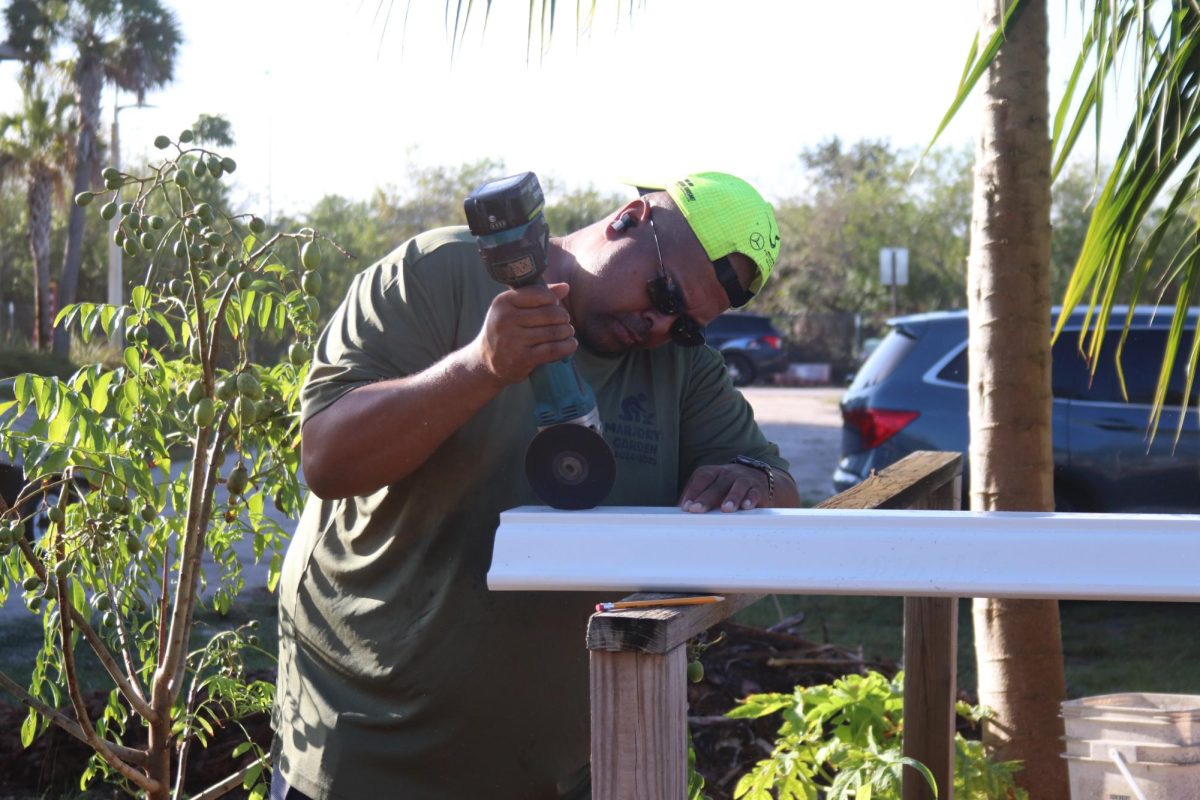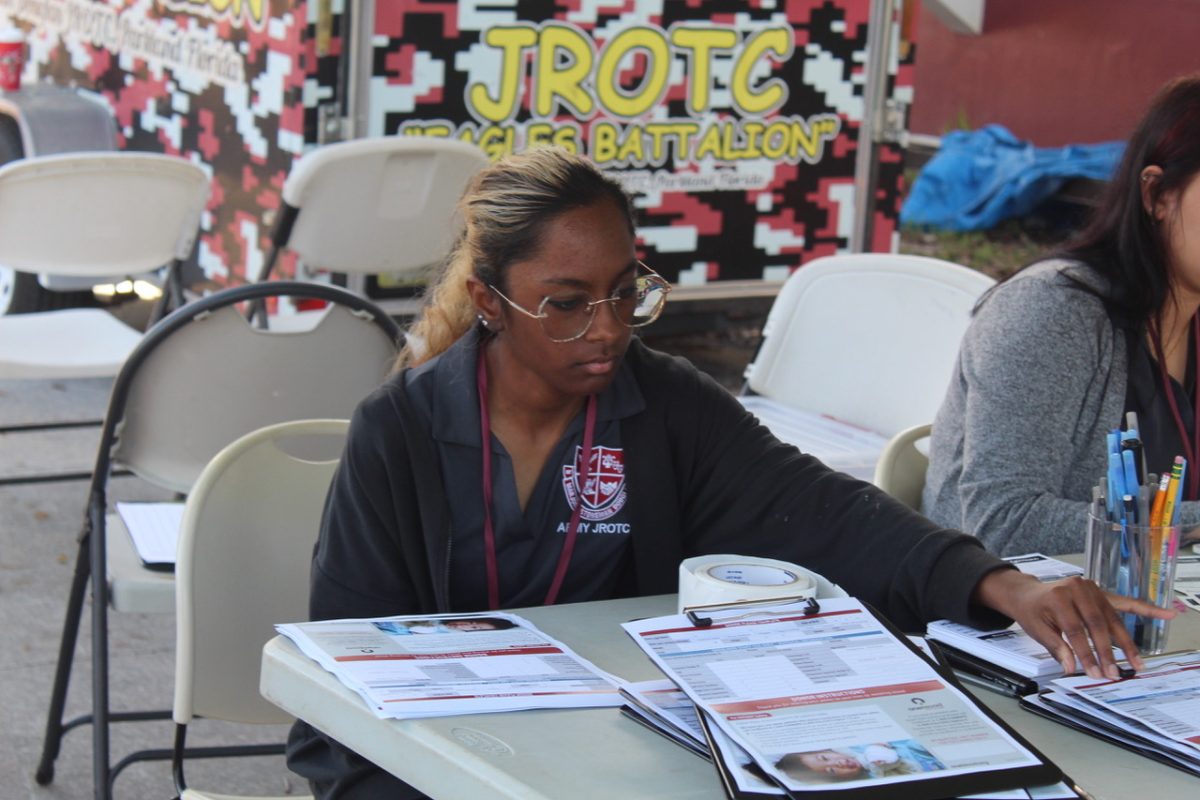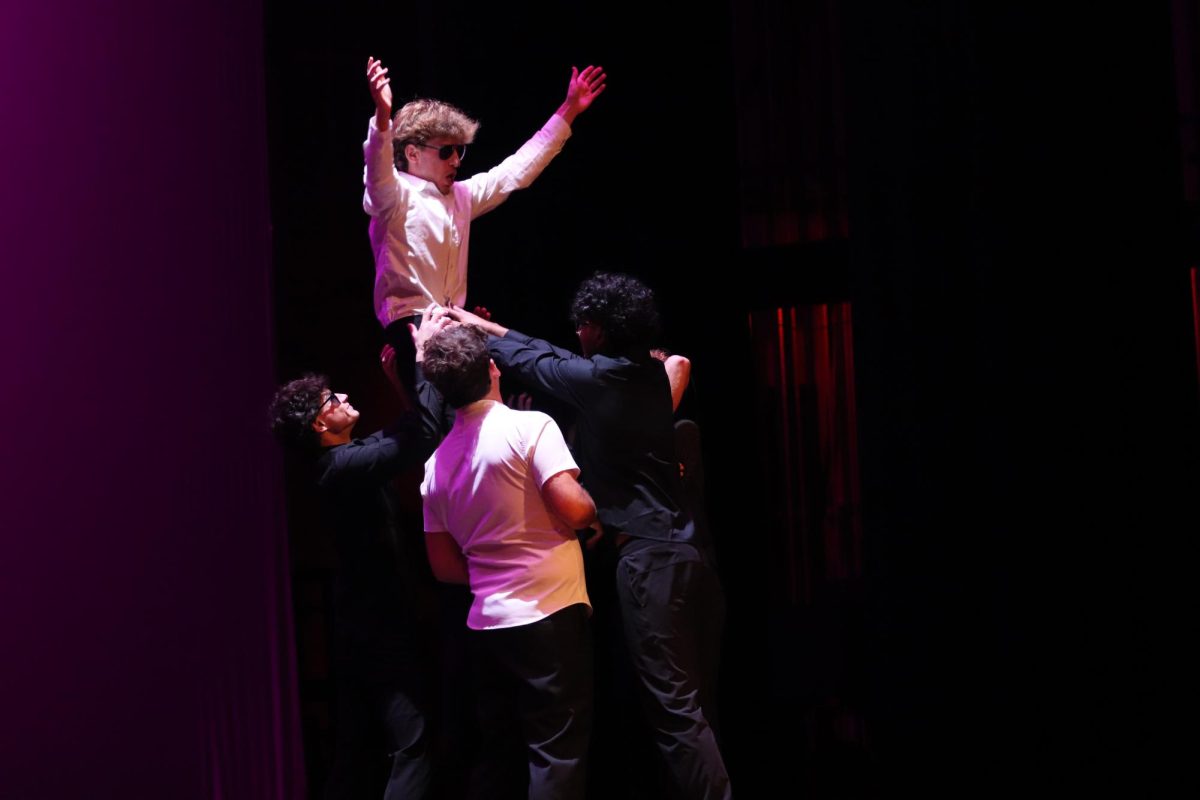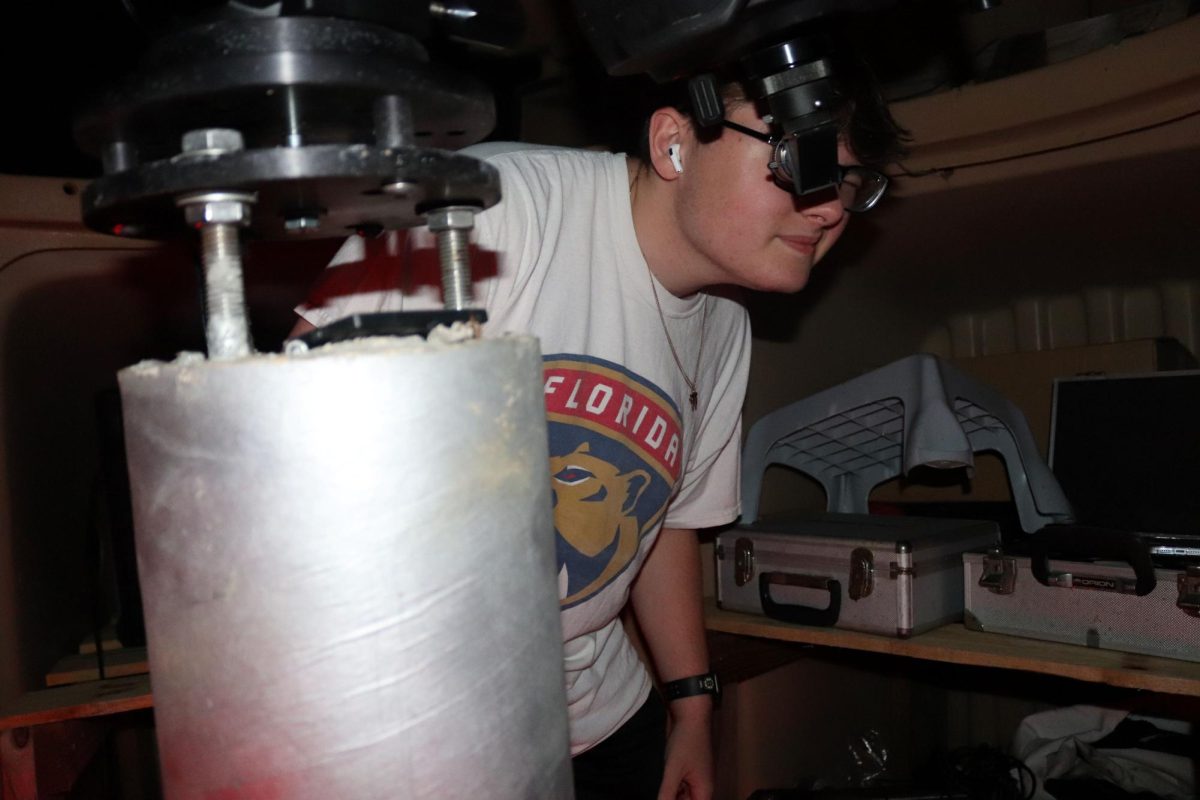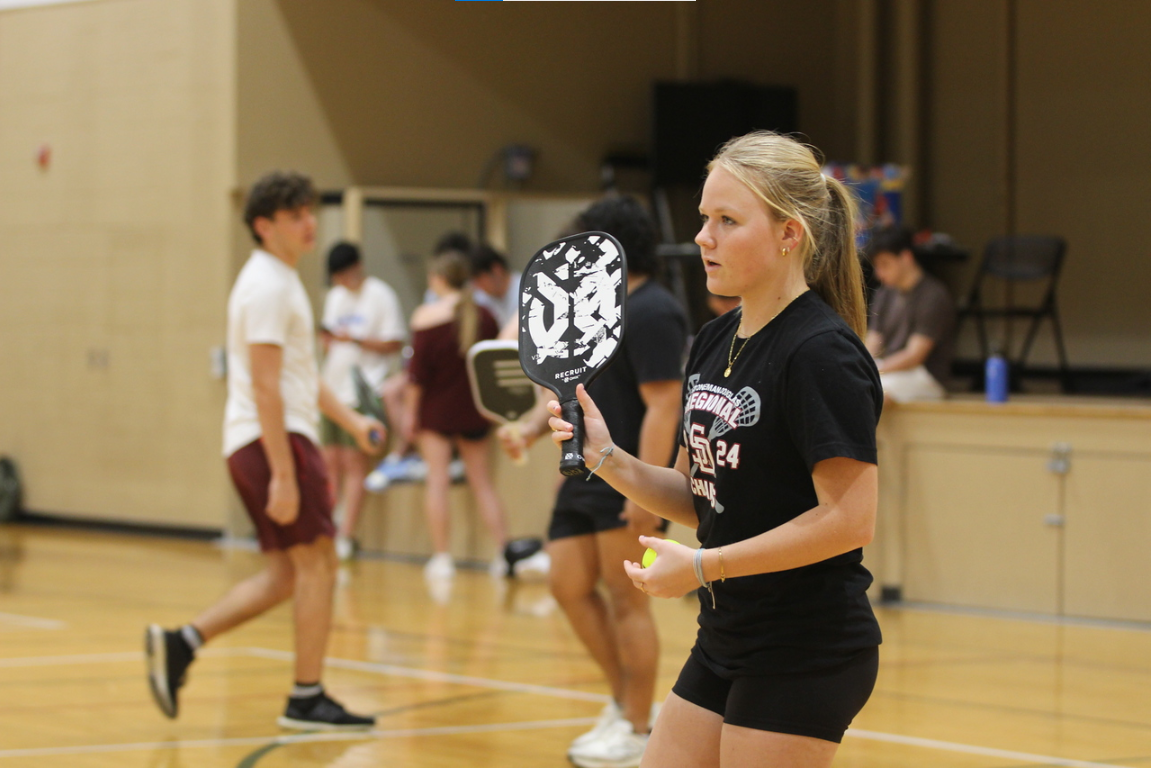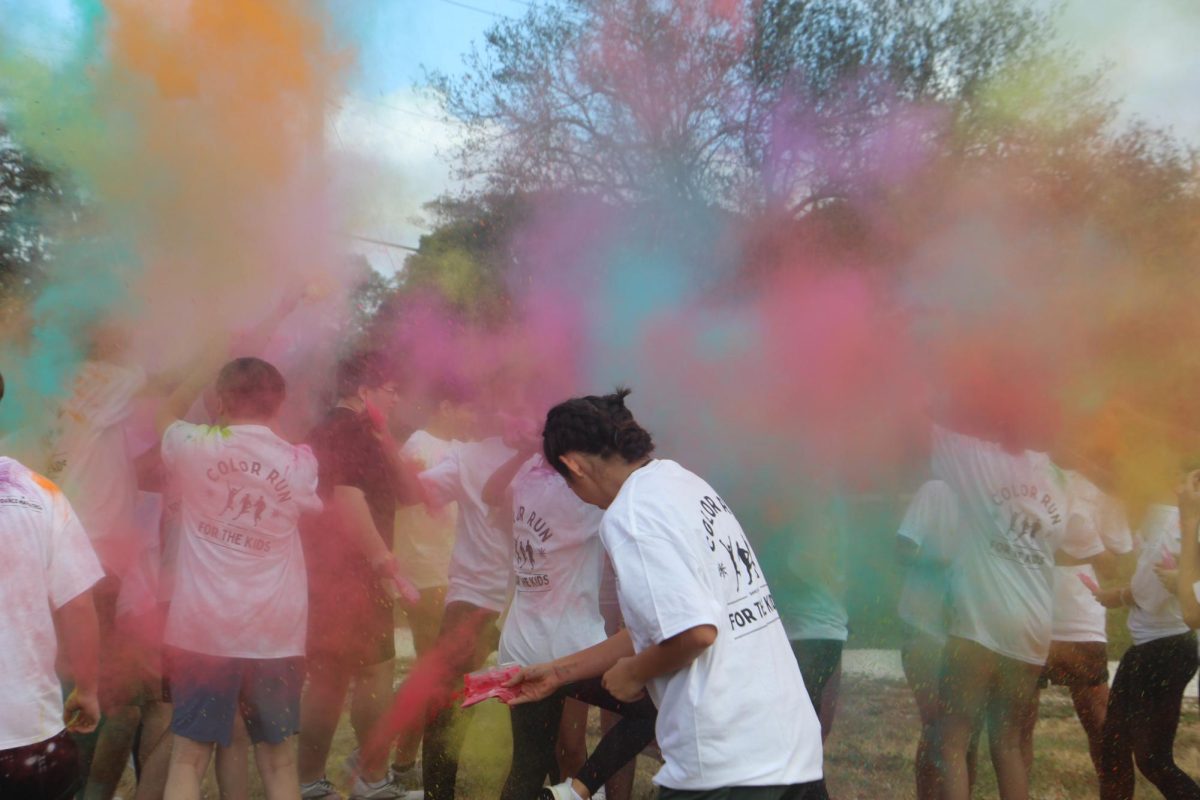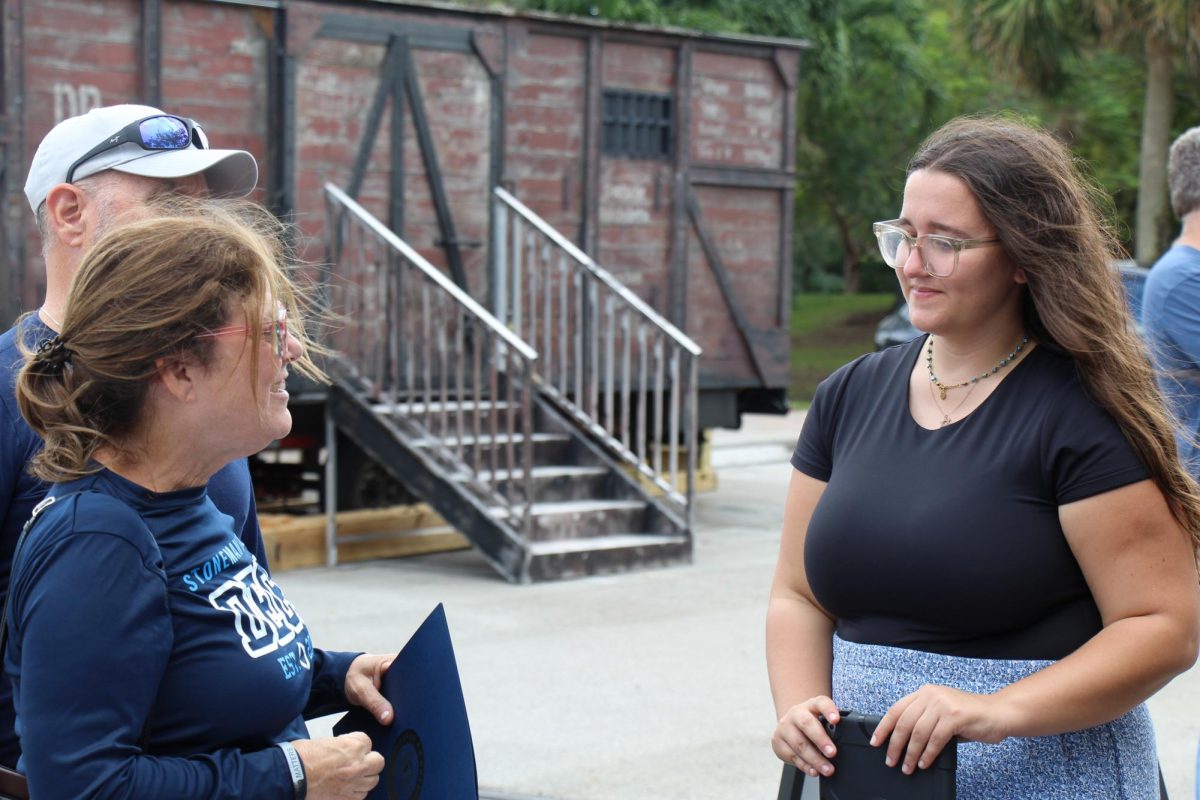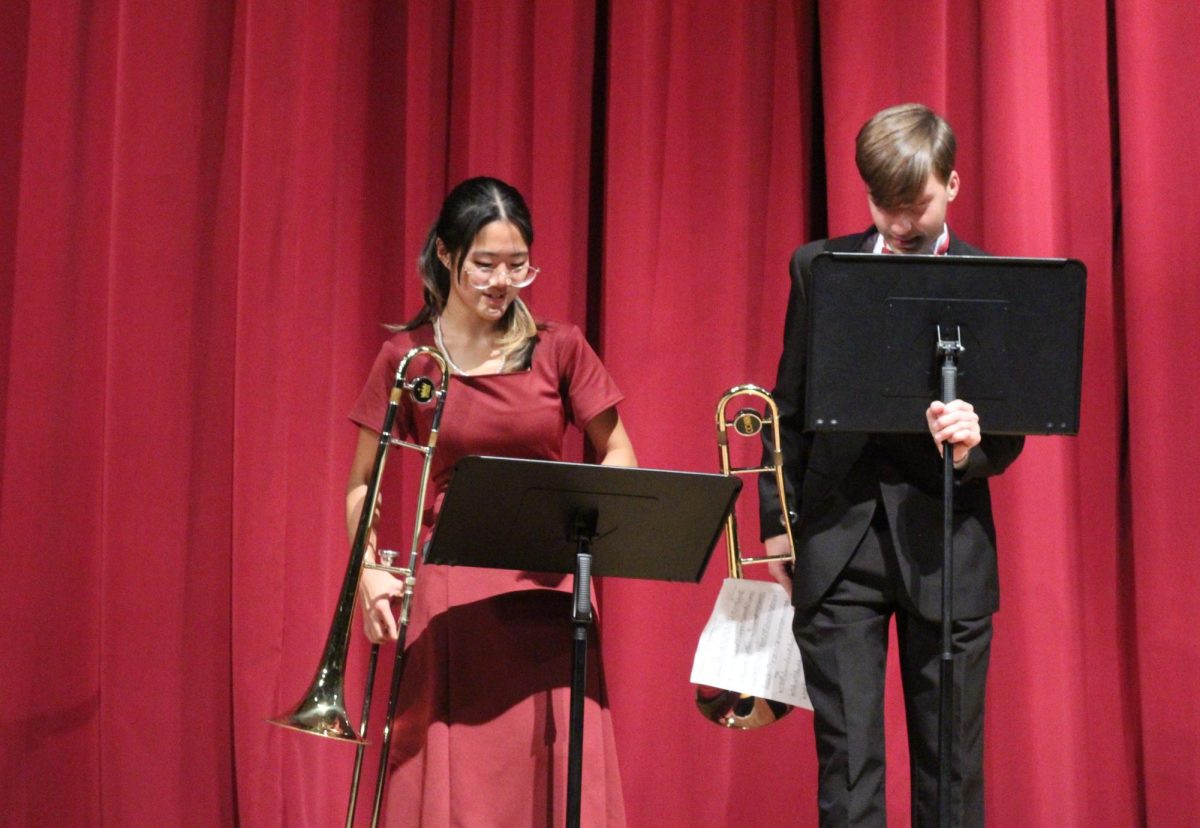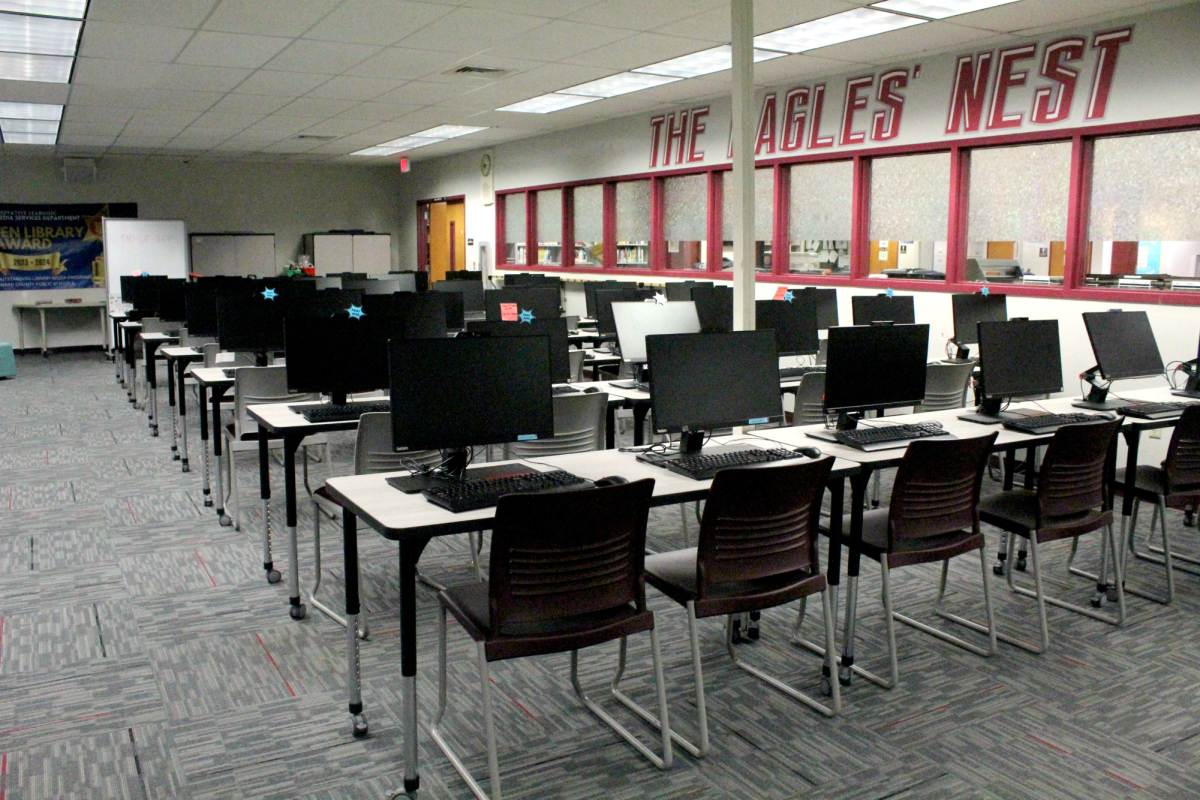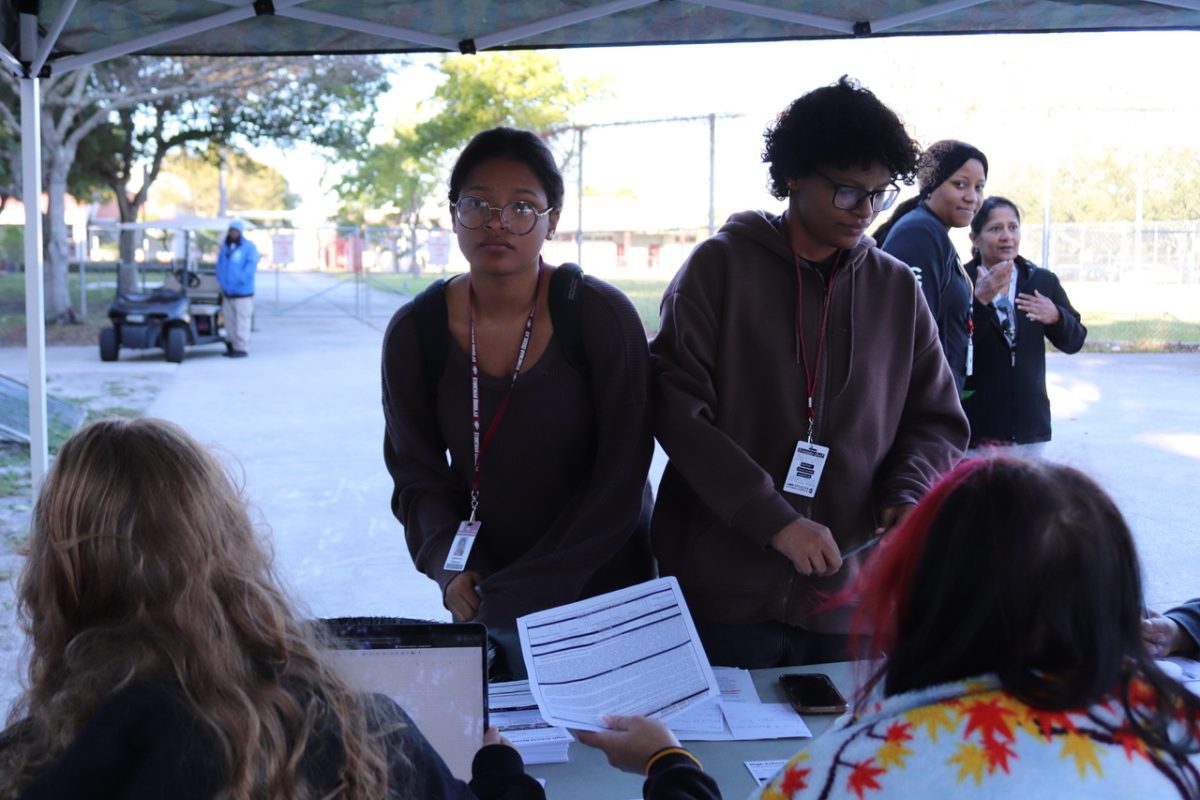Astronomy teachers Kyle Jeter and Sean Simpson lead Aquila 2017. Aquila is a branch of Astronomy Club that constructs, launches, tracks and retrieves a small 2 feet by 3 feet cooler-sized styrofoam ship and send it up to the atmosphere. Doing all the work is a helium filled balloon that increases in the size of a classroom. Astronomy Club started back in 2006, and Aquila was additionally founded in the fall of 2010.
“It’s a student-lead project that’s hands on. It has changed my whole career seeing how students take control of it, and from that experience my teaching style was changed as well,” Jeter said. “This year is kind of a reboot because we lost last years ship, and we get to start over with brand new equipment and fresh ideas. That part is most exciting.”
Jeter maintains a set of Aquila ships that can be found hanging from the ceiling in his classroom which he refers to as a “souvenir of unforgettable times.”
Senior Jill Davis is a proud member of Aquila. Davis is involved in the tracking and retrieval section of the team. Davis has been apart of Astronomy Club since the beginning of this year, after hearing Jeter speak so fondly of it.
“Mr. Jeter also spoke about the continuous Project Aquila. Once I joined, I realized that the process is nearly 100 percent student-run leaving the power in our hands, which feels truly enlightening,” Davis said.
Davis is also most excited to learn about the unfamiliar technology and all the equipment going into this project. According to her, the time and effort makes her excited and ready for her future.
The club plans on launching the ship at the western most part of Florida’s coast and aim for it to land in North Central Florida on a club member’s family farm. In previous years, Aquila’s landing locations have been largely successful with only two exceptions; one of which was headed for the Bahamas, but fell 15 miles short.
This year there is new technology and improved learning so the team is confident in the landing. The construction team is already beginning to paint the ship and gather necessary supplies. The tracking and retrieval team is working on computers and testing the devices. Finally, the technology and science team will solder microchips and try to make tracking and retrieval a smooth process as well.
A trip to NASA is scheduled to take place on Jan. 26 and is open to anyone. The trip will be supervised under the guidance of Astronomy teacher Jeter and Simpson. Seats on the bus sold out rapidly after only a week-long window of online payments. This will give the opportunity for passionate students who are not in Astronomy to participate in the club’s events. The Aquila team is going on the trip, as well, to learn about the way the atmosphere works on objects which will give insight into the details necessary for the ship they will launch.

